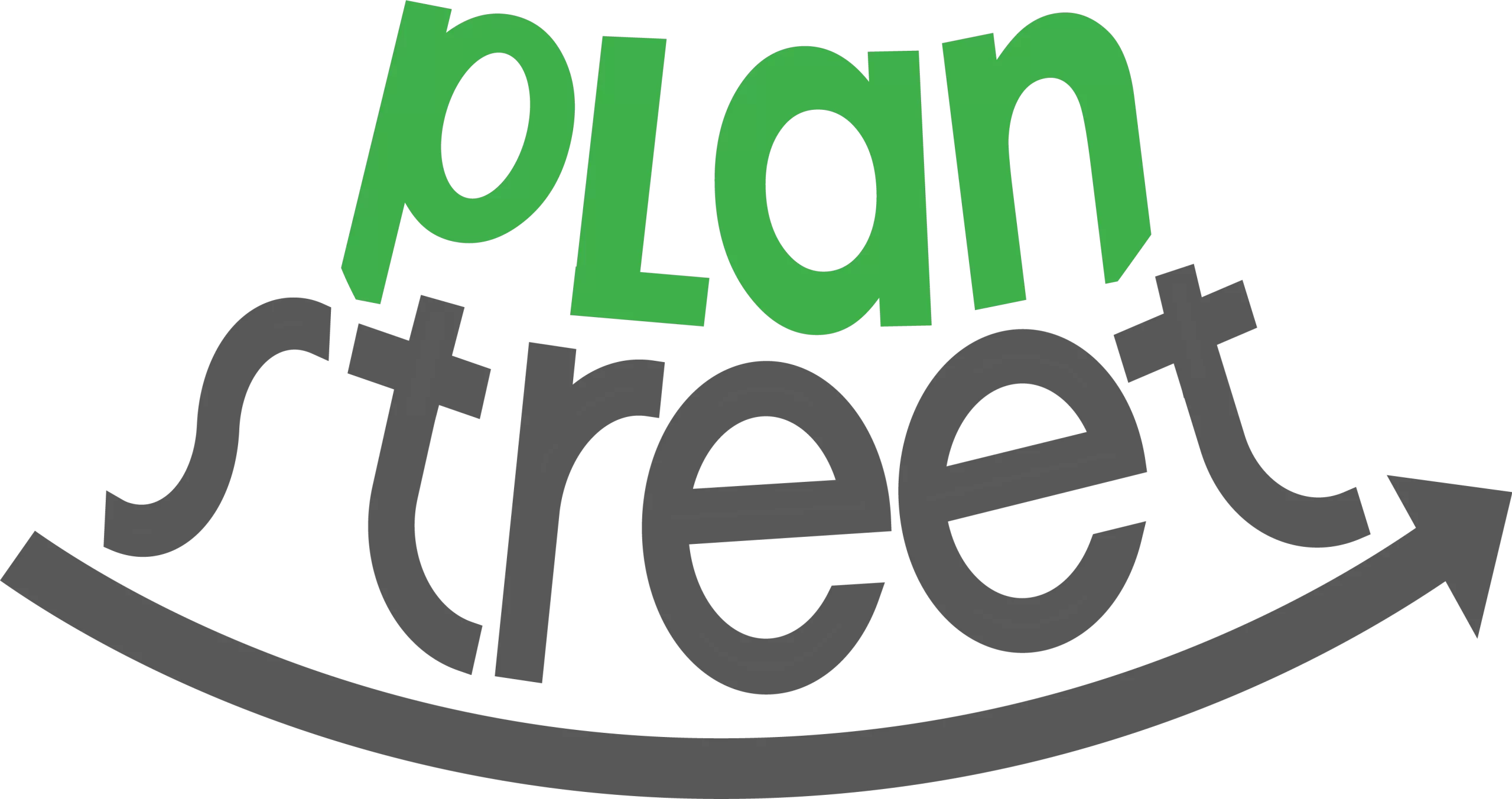How New Technology Standards are Guiding Social Work Practice

Social workers are using technology more and more to provide services to clients, communicate with clients, learn about clients, interact with colleagues, and instruct students and other professionals.
New and unanticipated ethical challenges have been brought about by the development of technology, particularly the internet, text (SMS), email, video, social media, cloud storage, and other types of digital communication and software.
The technical environment of today is very different from that of just 10 to 15 years ago. Home landlines have been replaced by smartphones. Texting has become a common way to communicate on both a personal and professional level.
Employees use tablets and other portable devices for a variety of tasks in all industries, including health and human services, education, government, and business. Like any other profession, social work practice now faces issues, difficulties, and risks that did not exist in the past.
Recent years have seen significant efforts made to create new ethical standards for the field of social work as a result of these tremendous changes in how social workers utilize technology. These initiatives have taken place in three different, albeit connected, domains: practice standards, regulatory and licensing standards, and code of ethics standards.
Four significant social work organizations—NASW, ASWB, the Clinical Social Work Association (CSWA), and the Council on Social Work Education—worked together to create the recently released updated standards (CSWE).
The guidelines include four primary areas of electronic technology used by social workers: public information, service design and delivery, gathering, managing, storing, and accessing client information, and training and supervising social workers.
The inter collaboration in the creation of technological standards results in one resource and product that social workers can use.
Also Read:
What are New Technology Standards in Social Work Practice?
With a greater reliance on the Internet and mobile devices for communication, entertainment, information, and practical chores, digital technologies have significantly expanded during the past ten years. Additionally, technology has crept into social work, frequently without conscious choice or critical thought.
This article, which combines the key ideas from recent literature and a content analysis of nine professional social work Codes of Ethics, provides an overview of key ethical considerations when integrating technology into social work practice in response to the demand for clear policies, procedures, and training for technology use.
The new technology standards are intended to direct social workers’ use of technology, increase their understanding of their ethical obligations while using technology, and educate social workers, employers, and the general public on the standards of practice for social workers’ use of technology.
In addition to the NASW Code of Ethics, other social work standards, and applicable laws and regulations, social workers should take these principles into account. The standards presented here should be modified as necessary when new technological forms continue to appear.
- Standard 1: The values, ethics, and principles of the social work profession inform the use of technology in social work practice.The application of technology in social work practice will advance. The impact of technology on social workers’ professional activity, including clinical, administrative, community practice, social policy, and education, must thus be further investigated.
- Standard 2: Social workers should ensure that they are proficient in using technology in the workplace and should only practice what they are competent to do, all the while continuing to grow in their knowledge, skills, and abilities.Social workers should seek advice and supervision and take use of continuing education opportunities to improve their technology-related skills, knowledge, and competences.
- Standard 3: Social workers must advise clients about the risks and opportunities associated with the technologies they use to offer social work services as part of the informed consent procedure.
Social workers use technology in accordance with best practices for privacy and confidentiality as well as any applicable laws, such as the Personal Health Information Act and the Privacy Act.Social workers ensure that their clients, groups, and organizations are aware of the privacy and confidentiality risks associated with technology use in practice and they help to shape policies to manage these risks. - Standard 4: Social workers must record all electronic communications in accordance with best practices, ethical standards, and agency/organizational policies.
Social workers follow agency/organizational regulations, ethical standards, and best practice recommendations when gathering client information through electronic communication, as they do with all social work paperwork.Additionally, social workers are expected to promote laws that are in their clients’ best interests. Social workers should have clear standards in place about response times and how this information is documented when using electronic communication to engage with clients. - Standard 5: When using electronic technology to deliver therapy or social work services, social workers have a duty to be mindful of interjurisdictional concerns (i.e., on-line counselling, on-line support groups, video conferencing etc.).Before offering services to clients outside of their province or country of residence, social workers must be aware of any applicable legislative requirements. The social worker must speak with the social work regulating organizations in the client’s and their respective jurisdictions.
- Standard 6: Social workers who conduct social work research or gather data/research to guide practice do so in a way that ensures ethical credibility.When using online sources or published studies to support service delivery, social workers exercise great caution. When researching internet-based resources, it’s critical that social workers confirm the source’s validity before using it in their work or directing clients there.
- Standard 7: When using technology in their job, social workers take into account issues such conflicts of interest, various relationships, and limits.
It is the duty of the social worker to set and uphold limits that are in the best interest of the client and avoid actual or prospective conflicts of interest, even though the advent of technology can occasionally test these boundaries.Millions of individuals around the world are now connecting through social media (such as Facebook, Twitter, Myspace, blogs, etc.) as a result of its increased use in recent years. - Standard 8: Social workers uphold the values and standards of the social work profession while utilizing technology to advance social justice problems, take part in advocacy campaigns, or take part in political action.
Social workers have an ethical duty to advance social justice and advocate for laws, programs, and other resources that will ensure everyone’s health and welfare. Social workers uphold and spread the values of equity, justice, respect, and fairness.It’s critical to consider the ideals and standards of the profession as described in the CASW Code of Ethics (2005) when social workers utilize technology to advance social justice problems. In their daily job, social workers must pay careful attention to problems of client confidentiality and integrity.
The Growing Use of Technology in Social Work
In the social work sector, which is focused on people, technology has emerged as a crucial element. The means and resources available to social workers to assist their clients and oversee social work practices have increased thanks to technological advancements.
In essence, it eliminates obstacles and gives field workers the ability to stay up to date through online webinars, training courses, and aggregators that can look for specific articles and debates on subjects pertinent to social workers.
It also expands a new area of ethical caution at the same time. The use of technology requires ethical bounds just like in-person meetings and proper paper management do.
Social workers can now more readily contact with clients without having to commute or travel thanks to online technology and the internet. Online counselling, client information management, social workers’ education, and other uses of technology for social work tasks are a few examples.
The technology standards for social work practice that we have discussed in this piece do not specify if or how social workers should use technology, but they do educate social workers about some of the difficulties and issues that should be taken into consideration when making this decision.
The use of technology in social work jobs raises some ethical questions, although such questions can be resolved. The numerous advantages of employing technology to carry out social worker duties outweigh the drawbacks.
Technology has improved the field of social work in a number of ways, including the ability to train more people for careers in social work, access to information, research, and resources, the capacity to communicate with clients more quickly, the expansion of client information access, and the capacity to serve a larger number of clients.
